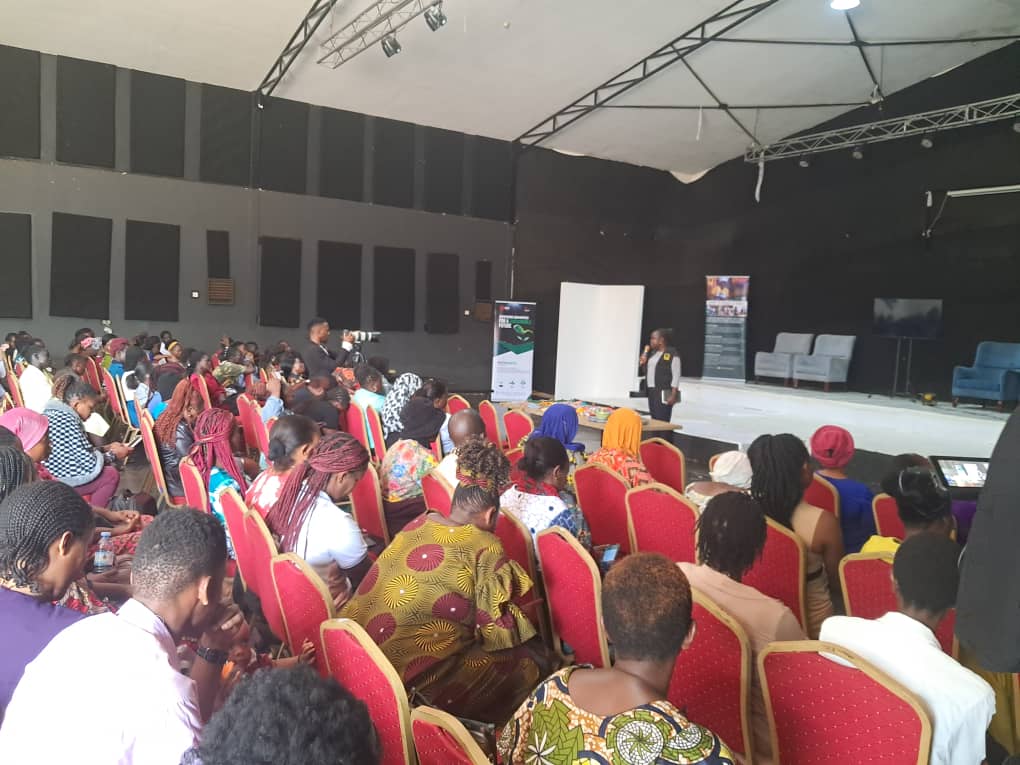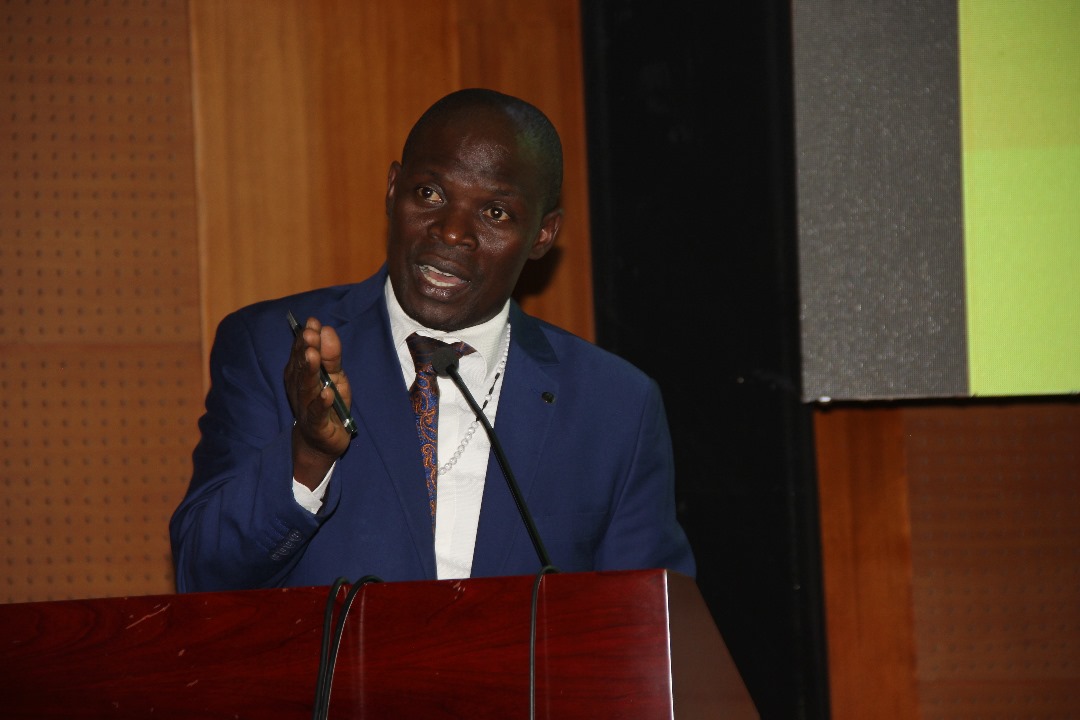From Wetlands to Wealth Lands: Uganda's Entrepreneurs Harness Opportunities
A remarkable transformation is unfolding as wetlands once viewed as untapped resources are now being recognized as "wealth lands" by innovative entrepreneurs seeking to capitalize on their economic potential. Long perceived as wastelands or barriers to development, these wetlands are now proving to be fertile ground for a wide range of economic activities, from agriculture and aquaculture to tourism and conservation, empowering average Ugandans to unlock new opportunities and improve their livelihoods.
At the heart of this transformation lies a recognition of the intrinsic value of wetlands as ecosystems that provide a multitude of ecosystem services, including water filtration, flood control, and carbon sequestration. With an estimated 30 per cent of Uganda's land area classified as wetlands, these ecosystems play a crucial role in supporting biodiversity, sustaining livelihoods, and mitigating the impacts of climate change. By harnessing the natural resources and ecological services provided by wetlands, entrepreneurs can create sustainable businesses that generate income while preserving the integrity of these vital ecosystems.
Keep Reading
One of the most promising avenues for economic development in Uganda's wetlands is agriculture, where innovative farming practices are unlocking the potential of these fertile lands to produce high-value crops and livestock. From rice paddies and fish ponds to vegetable gardens and fruit orchards, farmers are harnessing the water-retentive properties of wetlands to cultivate a diverse range of crops that thrive in moist, nutrient-rich soils. By adopting sustainable farming techniques such as agroforestry, organic fertilization, and integrated pest management, they can enhance soil fertility, conserve water resources, and minimize environmental degradation, ensuring the long-term viability of their agricultural enterprises.
Moreover, Uganda's wetlands are emerging as hubs for aquaculture, where fish farmers are capitalizing on the abundance of water and natural nutrients to cultivate tilapia, catfish, and other freshwater species. Through innovative techniques such as cage culture, pond polyculture, and integrated aquaponics, they can maximize fish production while minimizing environmental impacts, creating sustainable livelihoods that contribute to food security and poverty alleviation in rural communities.
In addition to agriculture and aquaculture, Uganda's wetlands are also attracting investment in tourism and conservation, where ecotourism ventures are capitalizing on the scenic beauty and biodiversity of these ecosystems to attract visitors and generate revenue. From birdwatching and nature trails to boat safaris and community-based tourism initiatives, entrepreneurs are leveraging the unique natural assets of wetlands to create immersive and authentic experiences that support local communities and promote environmental stewardship. By investing in eco-friendly infrastructure, wildlife conservation, and community development projects, they can harness the economic potential of wetlands while safeguarding their ecological integrity for future generations.
However, the transformation of wetlands into wealth lands is not without its challenges. Persistent threats such as encroachment, pollution, and unsustainable land use practices pose risks to the long-term health and viability of these ecosystems, undermining the sustainability of economic activities and jeopardizing the livelihoods of those who depend on them. In response, stakeholders are calling for concerted action to strengthen wetland conservation and management efforts, enforce existing regulations, and promote sustainable development practices that balance the needs of people and nature.
As Uganda's entrepreneurs continue to harness the economic potential of wetlands, the nation stands at a crossroads, poised to embrace a more sustainable and inclusive model of development that fosters prosperity while preserving the ecological heritage that sustains it. Through collaboration, innovation, and a shared commitment to stewardship, Uganda can unlock the full potential of its wetlands as engines of economic growth, resilience, and well-being for all its citizens.













